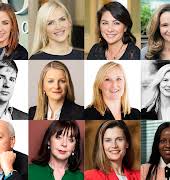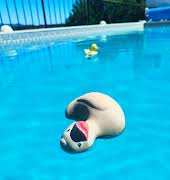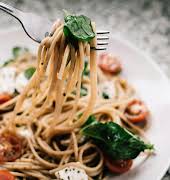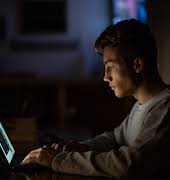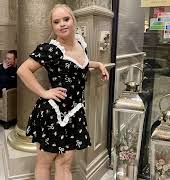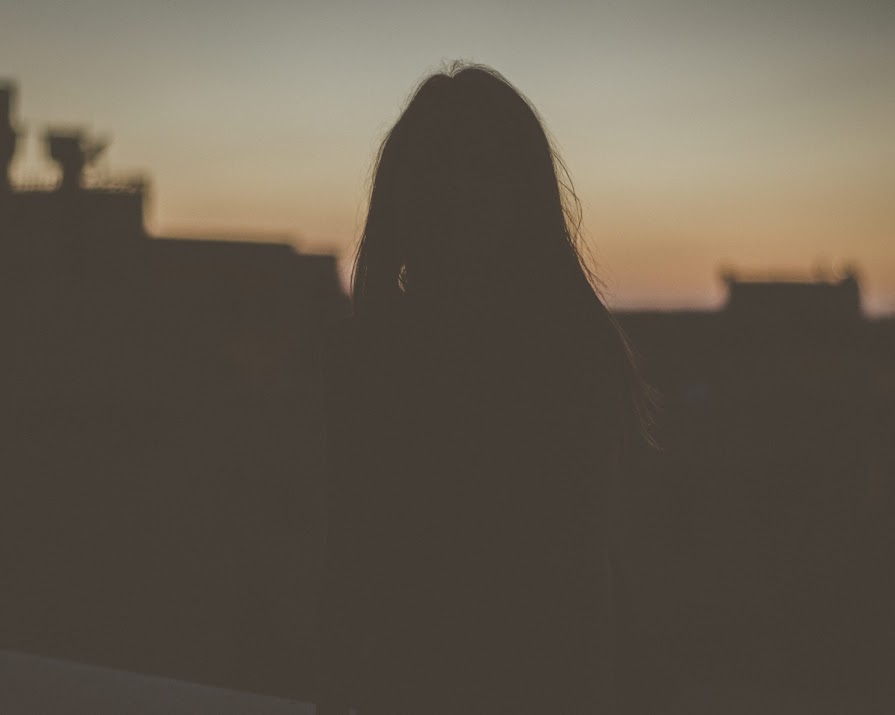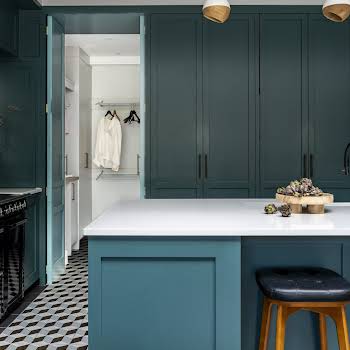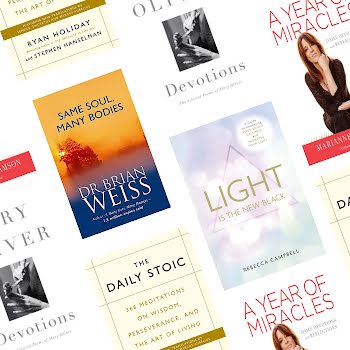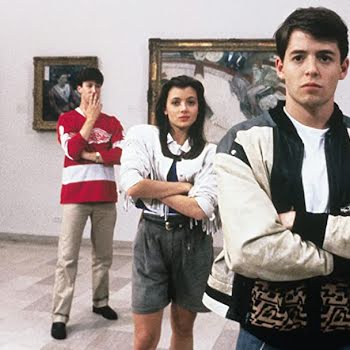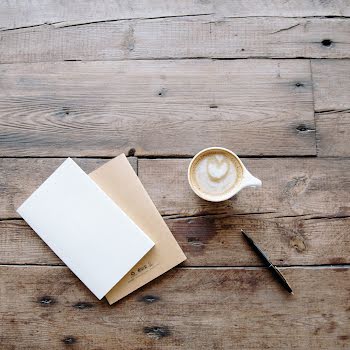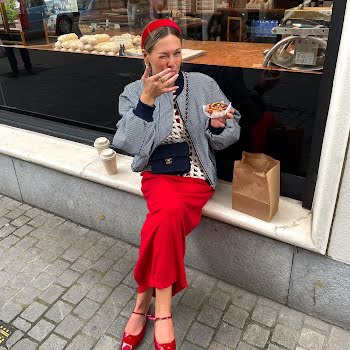By Niamh Ennis
13th Apr 2024
13th Apr 2024
“It wasn’t me it was her. She made me do it.”
We can all remember those little childhood tiffs that we had with our siblings or pals, when our default mode was to point the finger, anywhere, but at ourselves. It felt infinitely easier to blame someone else and to convince ourselves that we wouldn’t have to deal with the fallout and could therefore walk away unscathed.
That internal default, while natural, and not at all uncommon, at some stage begins to do us a great disservice. Instead of protecting us from future pain and hurt, it can actually stop us from being honest with ourselves or deal with the hurt and disappointments that life inevitably brings with it. It becomes a serious problem, however, when we move into adulthood and never really lose the potential to blame others; especially when it came to our feelings.
WHAT IS BLAME?
The dictionary defines it ‘as assigning responsibility for a wrong doing or a fault.’ Blaming other people leads to a variety of unhelpful emotions, most notably resentment, disappointment, hatred, bitterness or anger. What always proves to be interesting to me though, is how we so readily blame others for our behaviours and our feelings all in ways which are inherently negative. Think about it, when did you last hear someone being blamed when something good happened?
WHY BLAME OTHERS?
There’s such a wide variety of reasons (or excuses) as to why you might feel inclined to blame someone else. These could include some of the following, though I suspect there are many more besides:
1. To explain why something happened.
2. To attack someone; possibly in retaliation for hurt inflicted or felt.
3. To protect ourselves. It’s a strong self-defence mechanism.
5. To justify our bad behaviour; it helps to remove our inhibitions.
6. It prevents us from seeing that we need to do some work on ourselves.
7. It’s just easier that way.
When my fiancé died, I spent (some could argue, wasted) a considerable amount of time blaming his doctor; asking over and over why they hadn’t discovered his cancer much earlier? I blatantly ignored the fact that the cancer that took him was known to being one of the most difficult to diagnose. It was simpler to lay the fault at his door. I knew there was nothing I or anyone else could have done, but I was intent on finding someone to hold to account and to blame. I know now that this person didn’t exist outside of my imagination.
OWNING IT
The reason why we defer to blaming others with such ease is that it’s a swift escape from guilt. It’s also an effortless tactic to use when we feel attacked or caught out. But the truth is, that if you don’t hold yourself accountable for the consequences of your actions, behaviours or even your thoughts, you can continue living your life believing that you don’t have any flaws or possess any areas needing improvement. You’ll remain in ignorant bliss – until you simply can’t any longer.
The blame game shows itself more often with those of us who have a particular attachment to perfection. We confuse the admission of guilt with weakness and, let’s be honest, that feeling of vulnerability, is not always a comfortable one, which is why blaming someone else can often seem like the preferred option. Yet, taking ownership and accepting responsibility for the part that we may play in the challenges in, for example, our friendships or with the mistakes made at work, holds within it a very valuable lesson. Look for what that might be for you.
For me, it began in my early twenties. I struggled with owning my thoughts and behaviours and really felt the impact of my actions on my closest friendships. I didn’t realise then, that I was acting from a deep fear of abandonment, but when I finally acknowledged that I needed to address the situation with the attention it deserved, it became so much easier for me to read my own emotions and to see the real reasons behind the underlying issues. This created space for change.
We know that, cliches aside, life isn’t perfect, for any of us. Things go wrong, we make mistakes, accidents happen, and life has this uncanny habit of surprising us by giving and taking from us in equal measures. A lot of things that happen to us along the way are due to a mix of contributing factors and are caused by a combination of our own actions and those of other people. Rather than fight or refuse to accept them or indeed blame others, we would do well to accept and acknowledge their presence and where necessary, to take ownership of the part we play in each one.
So next time, as you prepare to lift your finger to blame someone else, pause, go within and ask yourself first of all, ‘is this more me than them?’ Consider the words of international self-development author, Wayne Dyer, ‘you may succeed in making another feel guilty about something blaming him, but you won’t succeed in changing whatever it is about you that is making you unhappy.’
Photography by M.T ElGassier.
Niamh Ennis is Ireland’s leading Transformation Coach and Author of Get Unstuck who through her private practice, writings, programmes, workshops and podcast has inspired and helped thousands of people to make significant changes in their lives. She’s an accredited Personal, Leadership & Executive Coach and the Lead Coach in the IMAGE Business Club. Niamh is hosting an intimate, online group programme later this autumn. If you wish to join the priority list for details click here. Follow Niamh on Instagram @1niamhennis or niamhennis.com.
This article was originally published in June 2023.


